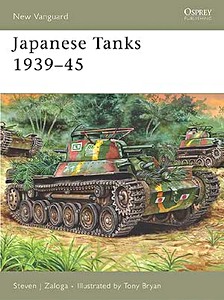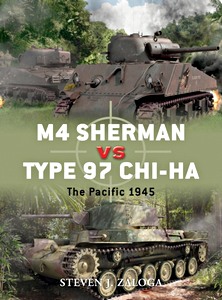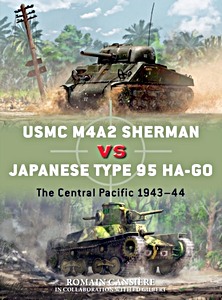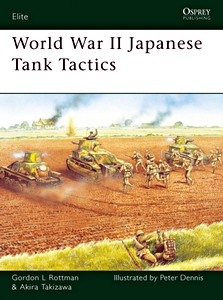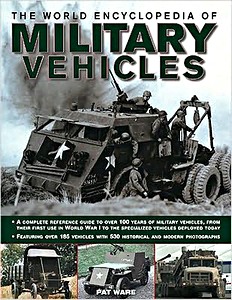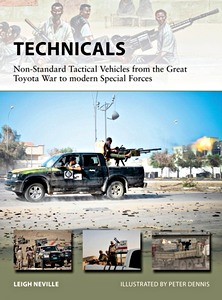Axis Tanks of the Second World War - Rare photographs from wartime archives (Images of War)
The German Army used tanks to devastating effect in their Blitzkrieg campaigns during the early years of the Second World War and in the intense defensive battles leading up to final defeat in 1945.
It may be a surprise to many that the Japanese Army had more tanks than Nazi Germany in 1938; these included the Type 95 light tank and the Type 89 and 97 medium tanks. Co-belligerents in the Axis Alliance that built their own tanks included Italy, Romania and Hungary.
The latter was responsible for the Toldi and Turan light tank series.
As can be seen from the descriptions and images in this classic Images of War series work, the Axis powers had drawn on British and, in some cases, French design for their tanks in the period leading up to the Second World War: the Carden-Loyd tankette suspension was used in the Panzer 1 series and the light Italian and Japanese tanks.
German engineering talent resulted in the original and ingenious designs of the Panzer II, III and IV series and, later in the War, the Panther Medium and Tiger heavy tanks.
This latest work by author and expert Mike Green will fascinate and inform historians, engineers and war gamers.
Szczegóły
| Autor: | Michael Green |
|---|---|
| Wydanie: | 208 strony, 24.5 x 19 cm, miękka oprawa |
| Ilustracje: | 250 czarno-białych i kolorowych zdjęć |
| Język: | angielski |
| Wydawca: | Pen & Sword Books Ltd (GB, 2017) |
| Seria: | Images of War |
| ISBN: | 9781473887008 |

Axis Tanks of the Second World War - Rare photographs from wartime archives
Język: angielski
Sprawdź cenę, dostępność i recenzje na Amazon
Zamów na Amazon PLZamów na Amazon DE


